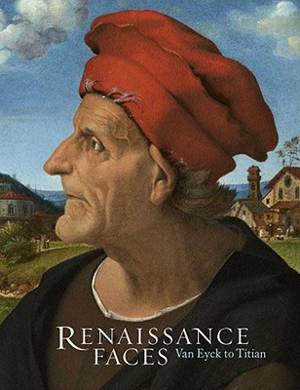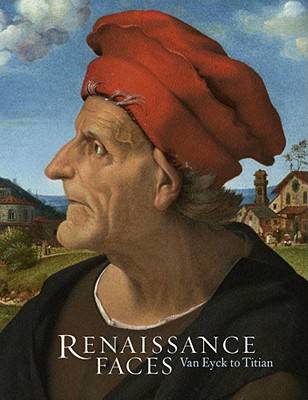
Bedankt voor het vertrouwen het afgelopen jaar! Om jou te bedanken bieden we GRATIS verzending (in België) aan op alles gedurende de hele maand januari.
- Afhalen na 1 uur in een winkel met voorraad
- In januari gratis thuislevering in België
- Ruim aanbod met 7 miljoen producten
Bedankt voor het vertrouwen het afgelopen jaar! Om jou te bedanken bieden we GRATIS verzending (in België) aan op alles gedurende de hele maand januari.
- Afhalen na 1 uur in een winkel met voorraad
- In januari gratis thuislevering in België
- Ruim aanbod met 7 miljoen producten
Zoeken
Renaissance Faces
Van Eyck to Titian
National Gallery Company Limited, Lorne Campbell, Miguel Falomir, Jennifer Fletcher, Luke Syson
Paperback
€ 20,95
+ 41 punten
Omschrijving
Explores the development of portrait painting in Northern and Southern Europe during the Renaissance, when the genre first flourished. This book considers the relationship between artists of the north and south to illuminate the notion of likeness. It offers research on some of the greatest portraitists of the period.
Specificaties
Betrokkenen
- Auteur(s):
- Uitgeverij:
Inhoud
- Aantal bladzijden:
- 304
Eigenschappen
- Productcode (EAN):
- 9781857094077
- Verschijningsdatum:
- 20/02/2011
- Uitvoering:
- Paperback
- Afmetingen:
- 238 mm x 316 mm
- Gewicht:
- 1826 g

Alleen bij Standaard Boekhandel
+ 41 punten op je klantenkaart van Standaard Boekhandel
Beoordelingen
We publiceren alleen reviews die voldoen aan de voorwaarden voor reviews. Bekijk onze voorwaarden voor reviews.









